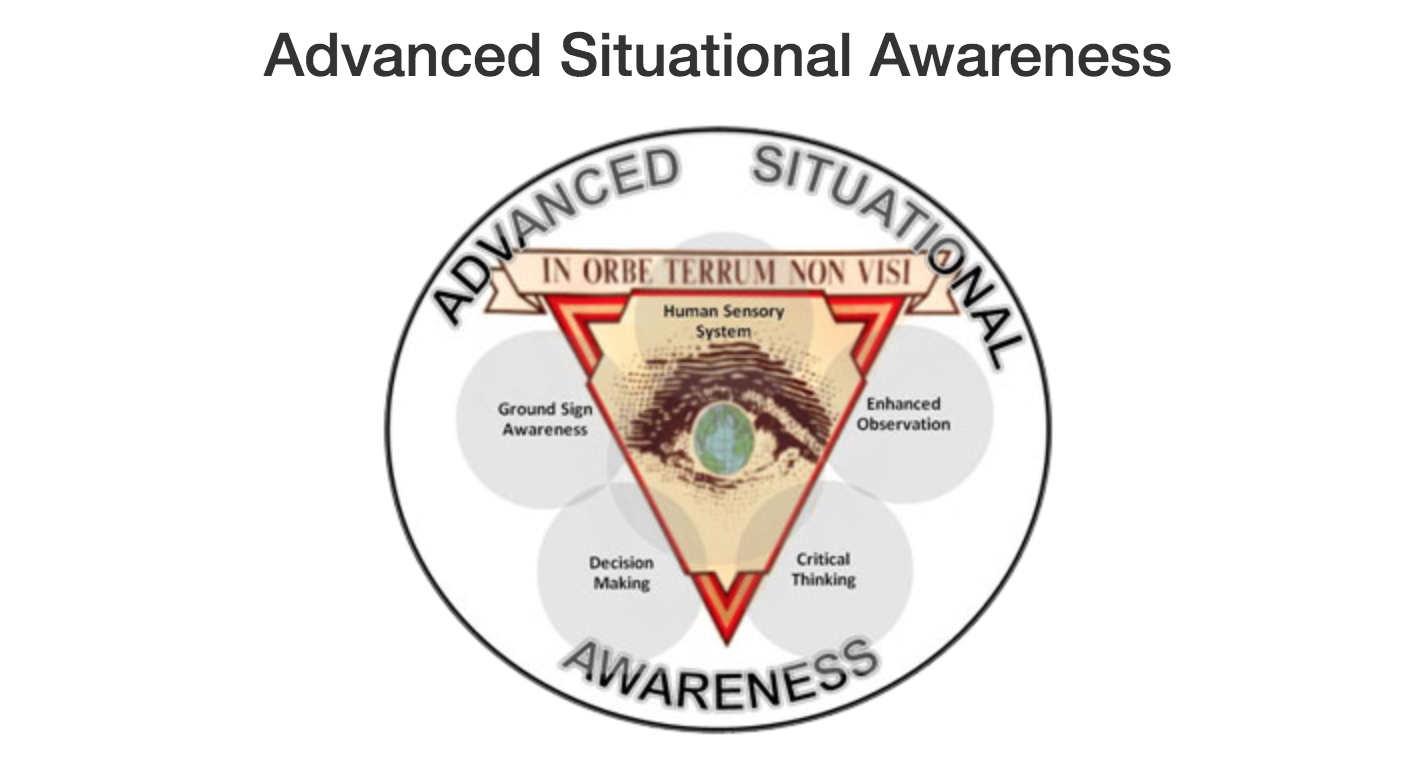Army Program Seeks to Heighten Soldiers’ Cognition
A properly trained soldier can distinguish a vegetarian from a meat-eater based on their smell, a new Army publication says, since “different diets produce different human odors.”
He or she can to determine the age, gender and even the mental state of a target by studying their footprints.
Not simply a warrior, the ideal soldier is also an intelligence analyst, a cultural anthropologist, and a student of human nature with the ability to confront and overcome adversity — Sherlock Holmes and Leatherstocking and a bit of Tarzan, all in one.
That, at any rate, seems to be the goal of the US Army’s Advanced Situational Awareness program, which trains soldiers to discern even subtle anomalies in the combat environment, to swiftly assess their implications, and to act decisively in response.

Advanced Situational Awareness “optimizes human performance through building the skills necessary to develop agile, resilient, adaptive, and innovative Soldiers who thrive in conditions of uncertainty and chaos.”
The program was described in Advanced Situational Awareness, US Army Training Circular TC 3-22.69, 316 pages, April 2021.
With wildfire risk increasing and the potential for destruction along with it continues to grow nationwide, the Federation of American Scientists (FAS) today joins with other organizations to launch a new coalition, Partners in Wildfire Prevention.
Nuclear weapons budgeting is like agreeing to buying a house without knowing the sales price, the mortgage rate, or the monthly payment.
Employing a living approach to evidence synthesis, disseminated at a national level, is a streamlined way to enable evidence-based decision-making nationwide.
By providing essential funding mechanisms, the Bioeconomy Finance Program will reduce the risks inherent in biotechnology innovation, encouraging more private sector investment.